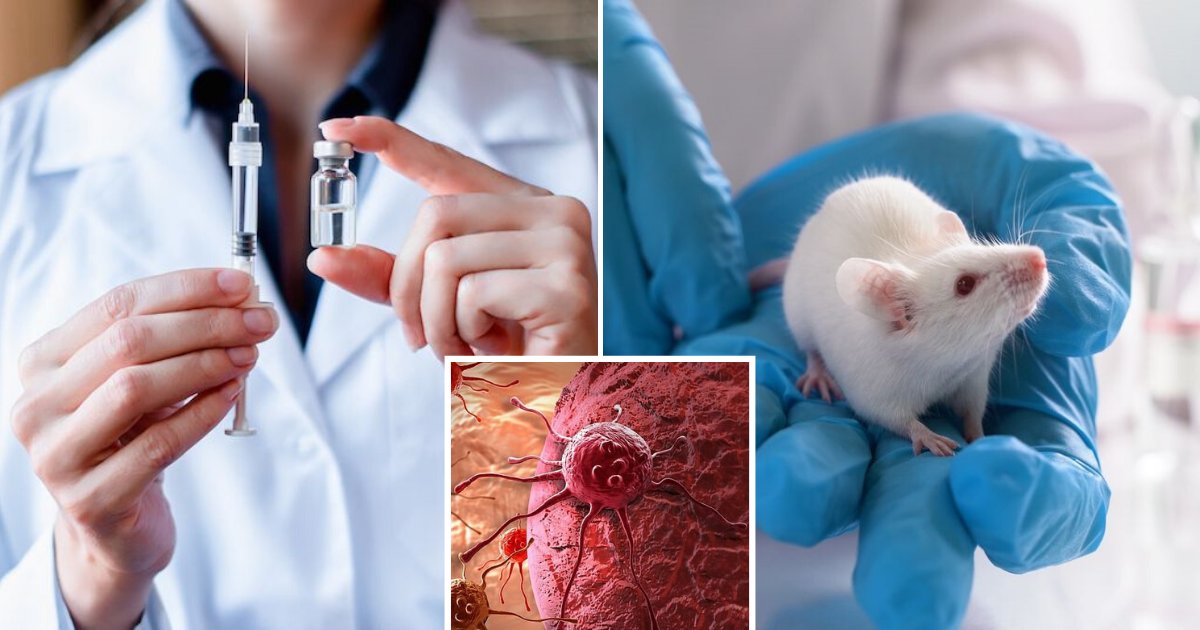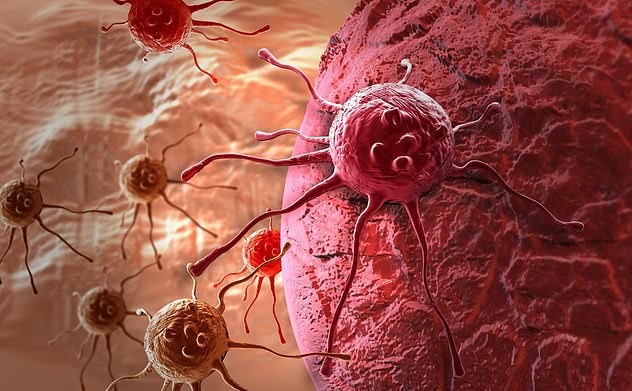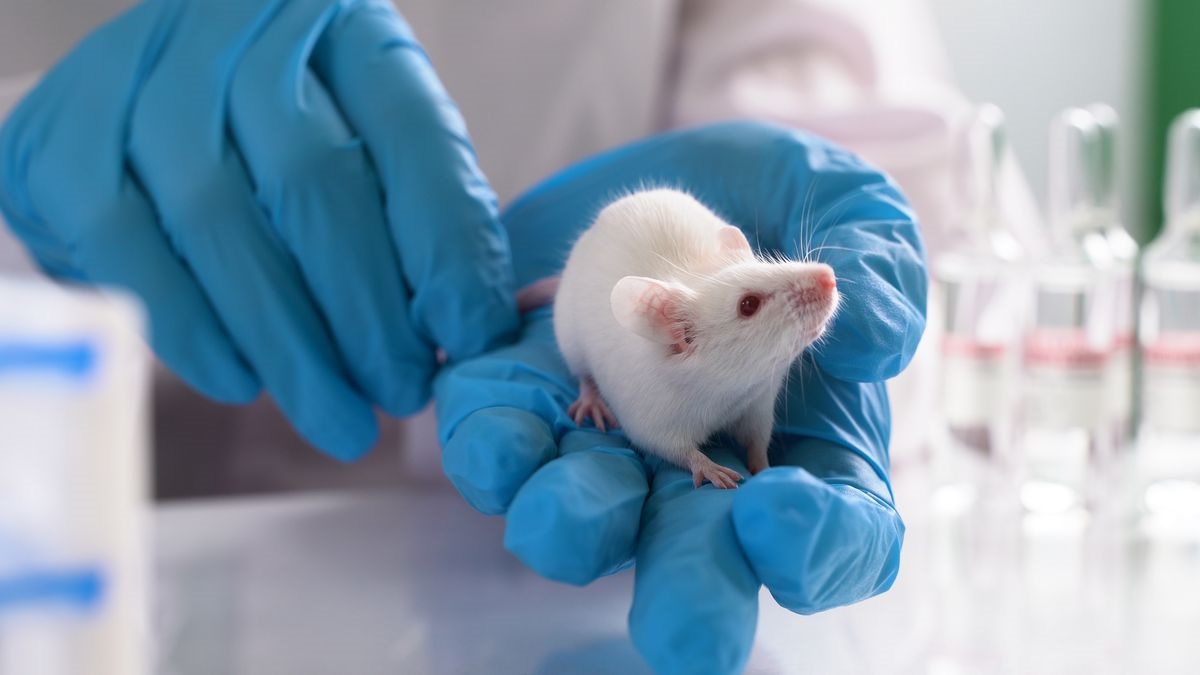Scientists have developed a groundbreaking vaccine that managed to cure cancerous tumors in mice with a 97% success rate.
While the promising method in which the test subjects were injected with copper oxide nanoparticles proved nearly flawless in mice, the experts have warned that it will take time, if at all possible, before this treatment could be prescribed to human patients.
Nevertheless, the first human trial based on the treatment will, according to SFGate, take place by the end of this year.
According to SFGate and Live Science, the revolutionary treatment based on injected copper oxide nanoparticles into cancerous tumors proved successful in 87 mice out of the total of 90 test subjects with lymphoma.
Allegedly, the treatment has also worked in cases where the tumors have already spread throughout the body.
As New York-based Northwell Health Cancer Institute’s regional director of breast surgery confirmed, the news indeed is “exciting” but doesn’t necessarily mean that the treatment will also work on humans.
According to plenty of experts, results of trials involving mice rarely translate into those with humans.
“We’ve been able to cure a lot of cancers in mice for a long time,” Dr. Alice Police, who didn’t participate in the study, said in an interview with Live Science.
While the treatment is still in its early stages, the promising results of the mice trial provide hope to millions of patients who are forced to undergo exhausting chemotherapy.
“If we would ingest metal oxides in large quantities, they can be dangerous. But at a nanoscale and at controlled, safe, concentrations, they can actually be beneficial,” Dr. Bella Manshian and Professor Stefaan Soenen, KU Leuven university’s staff who worked on the mice trial, explained.
“As far as I’m aware, this is the first time that metal oxides are used to efficiently fight cancer cells with long-lasting immune effects in live models,” Professor Soenen continued.
“As a next step, we want to create other metal nanoparticles, and identify which particles affect which types of cancer.”
What are your thoughts on this story? Let us know in the comments and don’t forget to SHARE this post with your family and friends and follow us on Facebook for more news and stories!
Replaced!






